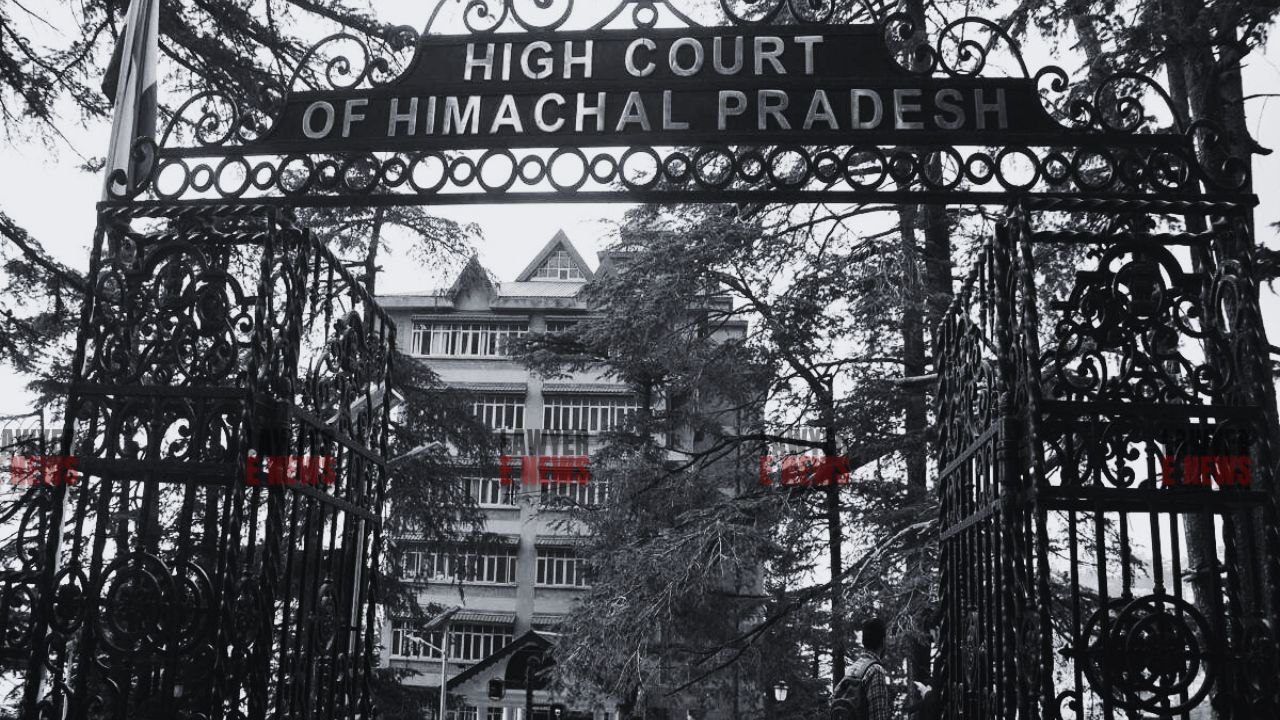-
by Admin
15 February 2026 5:35 AM



In a latest judgement, Himachal Pradesh High Court in Shimla delivered a ruling in the case of Shanta Devi vs. Hitender Gautam, addressing the issue of maintenance under Section 125 of the Cr.P.C. The court upheld the Family Court's decision to award ₹2000/- per month to the petitioner, Shanta Devi, stating that a higher court cannot reappreciate evidence unless there is a clear perversity in the findings.
Shanta Devi filed an application under Section 125 of the Cr.P.C., seeking maintenance of ₹10,000/- per month from her son, Hitender Gautam. She claimed that after her husband's death, she was maltreated by the respondent and forced to leave his house. Now residing with her younger son, she asserted that her pension was insufficient to maintain herself. The respondent, Hitender, opposed the application, arguing that he was already maintaining his family on a net salary of ₹21,000/- per month and that the petitioner had sufficient means, including her younger son’s income.
The key legal issue was whether the awarded maintenance of ₹2000/- was adequate given the petitioner's claimed expenses and the respondent's income. The court also examined whether it had the jurisdiction to reappreciate the evidence provided.
The Himachal Pradesh High Court, referencing the Supreme Court's rulings in Manju Ram Kalita v. State of Assam (2009) and Amit Kapoor v. Ramesh Chander (2012), reiterated that a court exercising revisional jurisdiction cannot reappreciate facts unless there is some perversity. The court observed that:
"The higher court does not sit as a regular court of appeal. Its function is to ensure that the law is being properly administered. Such a court cannot embark upon the fruitless task of determining the issues by reappreciating the evidence."
The court further examined the petitioner's financial situation, noting that she was receiving a family pension of ₹11,790/- and interest on bank deposits amounting to approximately ₹20,000/-. Her expenses, as stated in the affidavit, ranged from ₹15,000/- to ₹18,000/-. Given this, the court found that the ₹2000/- monthly maintenance awarded by the Family Court was reasonable. The court also highlighted that the petitioner had a younger son who was also liable to contribute to her maintenance, thereby supporting the Family Court's decision.
The High Court dismissed the petition, concluding that there was no merit in the plea for enhancement of maintenance and that the Family Court had appropriately considered the evidence and circumstances.
Date of Decision: September 16, 2024
Shanta Devi vs. Hitender Gautam
